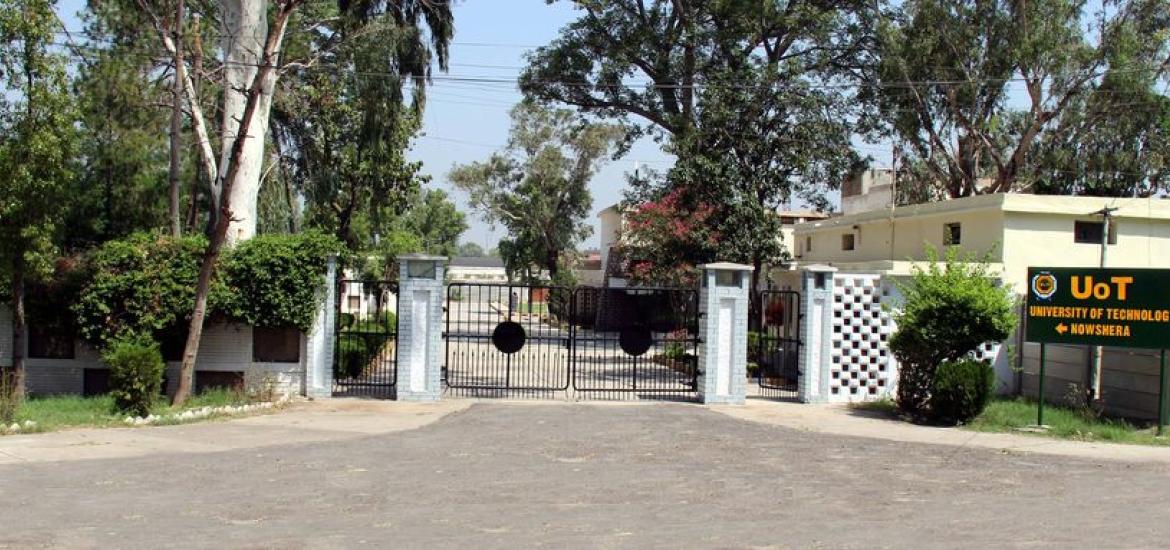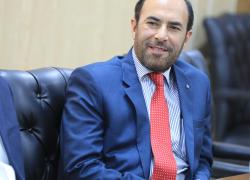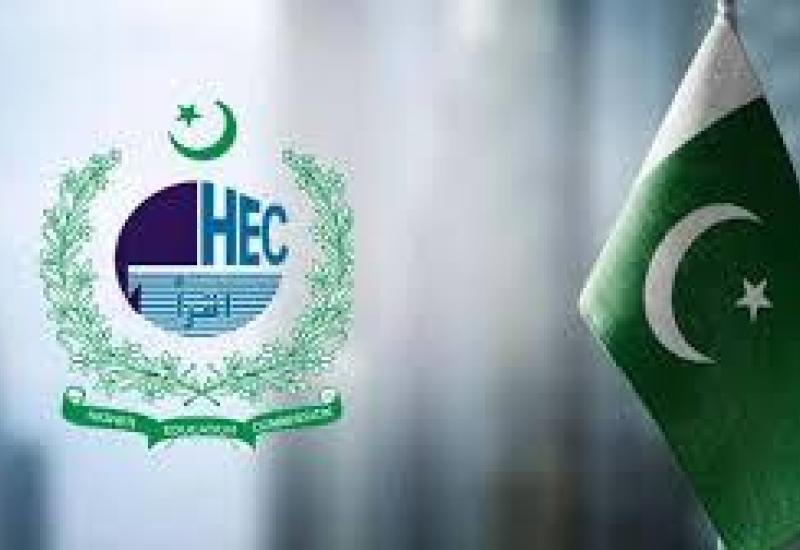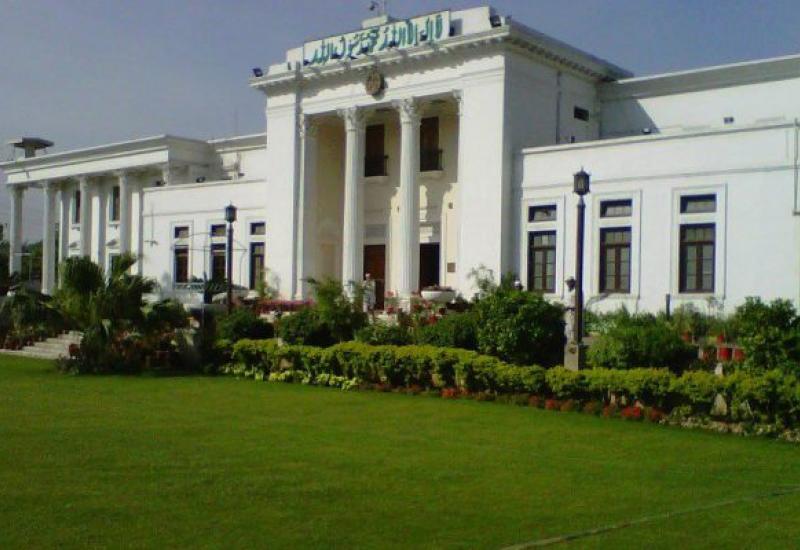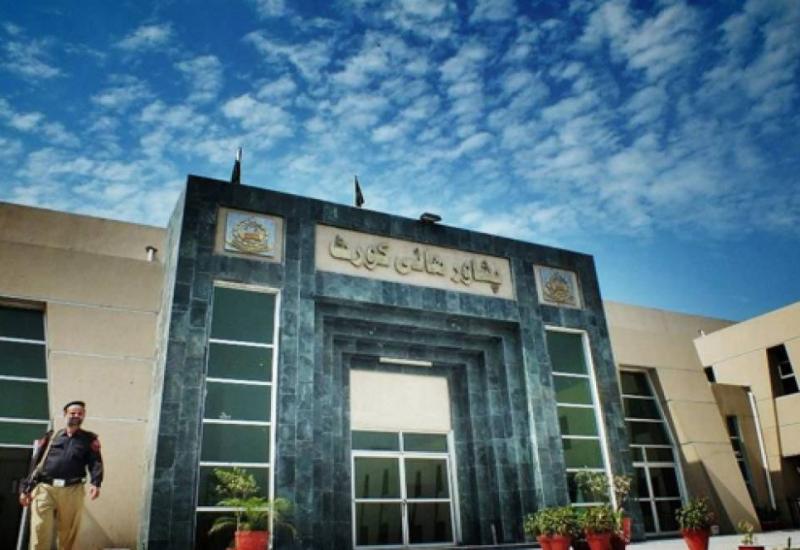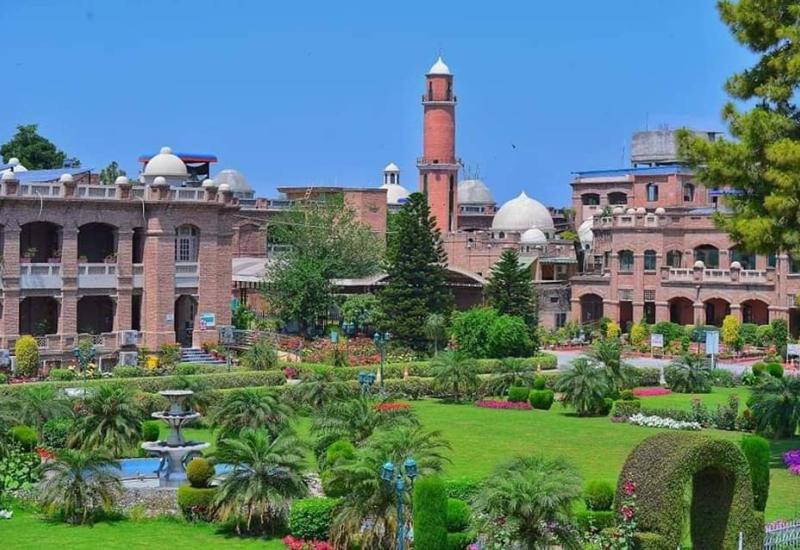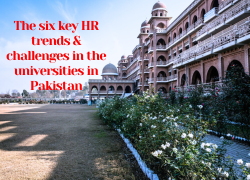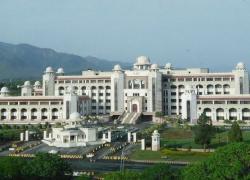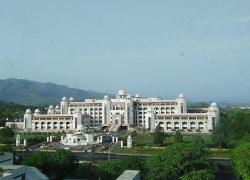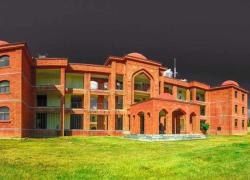The 02 important reasons why the Vice-Chancellor of a Technology University resigned?
At a time when the government has launched its flagship program, the “Digital Pakistan”, Prof Dr Qamarul Wahab, the Vice-Chancellor of the sole technology university, (i.e. University of Technology (UOT) Nowshera) has resigned from his office. This was propelled by both internal and external factors. The financial crisis at the institution is being stated as the key reason. Besides, a section of the press reported that that the resignee Vice-Chancellor was also concerned about the increasing political interference in the affairs of the institutions of higher education.
Whatever may be the reason, this is not a good omen for the institutions of higher education, for “Digital Pakistan” and for the tenability of the incumbent government. This article takes stock of the situation, how the financial health of the institutions of higher education is getting worse and how the overall governance and financial sustainability of the public sector universities is becoming cumbersome.
Financial crisis
As a matter of fact, public sector universities in Khyber Pakhtunkhwa have been facing severe financial crunch for the last couple of years. However, the name of the UOT has emerged in connection with the financial crunch very lately. An insider revealed that the university could not pay salaries to its employees for the last couple of months. It was also having a deficiency of critical mass of human resources both the faculty as well as administrative staff and hence was unable to deliver as envisaged.
In fact, UOT was established by the PTI government with a vision to produce technically-skilled workforce for the China-Pakistan Economic Corridor (CPEC). As the government and the HEC did not pay heed to the problems being faced by the university forcing a number of its staffers to quit, one by one during the last couple of months. Now the situation has reached a stage where the university does not have sufficient funds to pay even the utility bills let alone other needs. This state of affairs culminated in the resignation of the Vice-Chancellor.
Political intervention
Apart from financial constraints, it has been reported, that the resignee Vice-Chancellor also raised his concerns about the increasing political interference in the affairs of the universities. As the quality of higher education has been diminishing and unemployment is skyrocketing, politicians, eminent personalities and elders in the society exert a great deal of pressure to influence decision-making system in the universities. This politicization of higher education system is a symptom that impacts universities across the board. In fact, institutions of higher education, nevertheless, have never been truly autonomous to weather such interventionism. As universities’ top management need the backing of the politicians on numerous occasions for multiple purposes, thus, the latter make their best efforts to influence the affairs of the universities’ governance in a variety of their own ways.
This incident, being considered as a boiling point, has given credence to many pertinent issues such as the deteriorating financial health of the universities, the ill-conceived policies of the government and the fate of “Digital Pakistan”. These are briefly discussed here:
1. The worsening financial health of universities.
In fact, public sector universities across the board have been facing severe financial crunch for the last couple of years. The worst-hit are the University of Peshawar, Gomal University, D.I. Khan and University of Agriculture, Peshawar. The has already been discussed at length in the blog post- “Emerging financial crunch and survival of the public sector universities in Pakistan”. This situation developed because of rapid enrollment growth in higher education has not been accompanied by commensurate increases in public expenditures. The situation deteriorated to the extent that some of the universities started thinking in terms of closing some programs, till the situation improves. As a matter of fact, public sector universities always need government financial support. In the absence of such an outright backing and generous funding, it wouldn’t be possible for these institutions to sustain their operations. If the government stops subvention to these universities, they will have to virtually wind up their business or the management have to quit. Hence, it is high time, the federal government, HEC and provincial government should revive its funding policy towards higher education to save the situation from getting worse.
2. Why establish new universities?
During the last couple of years, the country has experienced a mushroom growth of the universities both in the public as well as the private sector. Majority of those were set up in the Khyber Pakhtunkhwa province. Besides, some satellite campuses of certain universities were also established. These new universities and satellite campuses were founded more on political grounds rather than genuine academic rational.
This mushroom growth caused a myriad of administrative, academic and financial problems in the universities. The noteworthy among these is the issue of financial sustainability, multiplied by academic problems and governance issues discussed in the article, “The 07 major Challenges confronted by the Higher Education Institutes in Pakistan“. Attracting, and retaining qualified faculty and administrative staff remained conniving. Ultimately, these universities are believed to be delivering a compromised quality of education. In such a scenario, when the sustainability of the existing universities is a big question, the establishment of new universities do not make a lot of sense.
3. The fate of “Digital Pakistan”?
The universities, being the engine of socio-economic development and is supposed to act as the hub of activities promoting, “Digital Pakistan”, nevertheless, with this background when the universities have serious sustainability issues, I wonder how the incumbent government would be able to bring technological revolution in the country and how it would be able to improve the living standard of the common man as delineated in the blog post- Digital Pakistan: Is a new technological revolution in the making?.
Conclusion
The bottom line is that the institutions of higher education in Pakistan can’t become self- sustainable, till the time, the people at the helm of universities’ affairs tap other sources of revenue generation by exploring the possibilities of establishing meaningful linkages outside the traditional government university relationship. One of the most convincing and viable mechanisms for realizing the same objective is academia-industry collaboration. Ironically, the possibility of such a mechanism has never been explored until very recently. The government need to play a proactive role in promoting university-industry linkages in the country.

